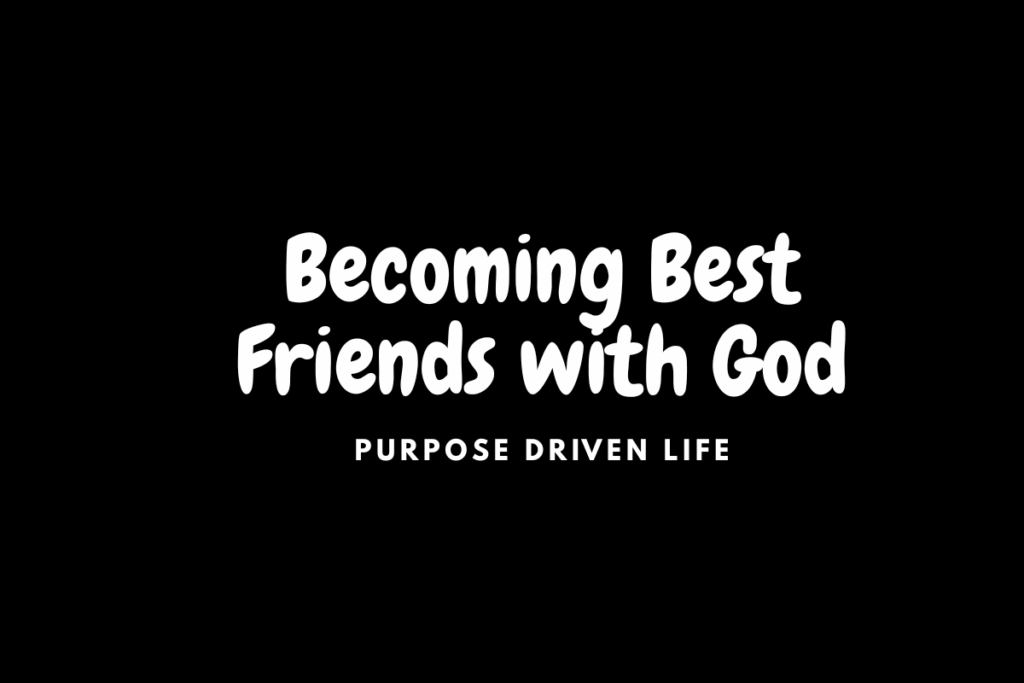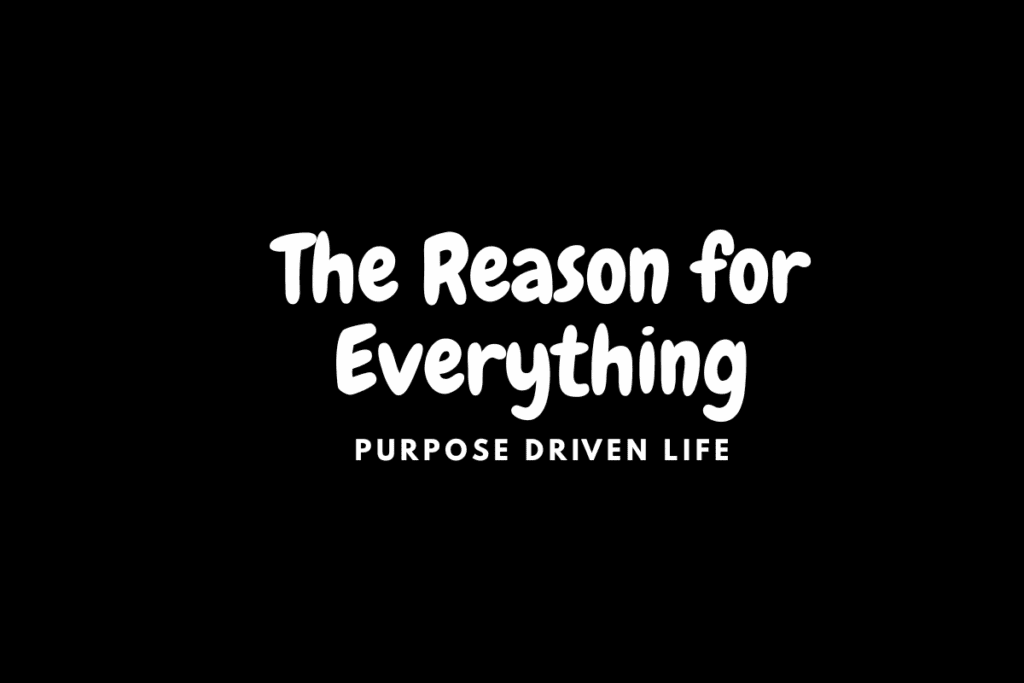Day 13: Worship That Pleases God – 4 Essential Characteristics
“Love the Lord your God with all your heart and with all your soul and with all your mind and with all your strength.” – Mark 12:30 (NIV) “God wants all of you.” Welcome to Day 13 of our Purpose-Driven Life journey! A few days ago we explored the 4 essential keys to developing your friendship with God. Today, Rick Warren reveals what kind of worship actually pleases God and transforms your daily life into a continuous act of worship. God’s All-or-Nothing Request God doesn’t want a part of your life. He asks for all your heart, all your soul, all your mind, and all your strength. God is not interested in halfhearted commitment, partial obedience, and the leftovers of your time and money. He desires your full devotion, not little bits of your life. This might sound overwhelming, but it’s actually liberating—when you give God everything, you discover the joy of living with complete purpose and meaning. A Samaritan woman once tried to debate Jesus on the best time, place, and style for worship. Jesus replied that these external issues are irrelevant. Where you worship is not as important as why you worship and how much of yourself you offer to God when you worship. The Right Way to Worship There is a right and wrong way to worship. The Bible says, “Let us be grateful and worship God in a way that will please him.” The kind of worship that pleases God has four essential characteristics that transform both your private devotions and your public gatherings. Characteristic #1: God Is Pleased When Our Worship Is Accurate People often say, “I like to think of God as…” and then they share their idea of the kind of God they would like to worship. But we cannot just create our own comfortable or politically correct image of God and worship it. That is idolatry. Worship must be based on the truth of Scripture, not our opinions about God. Jesus told the Samaritan woman, “True worshipers will worship the Father in spirit and truth, for they are the kind of worshipers the Father seeks.” Why Accuracy Matters To “worship in truth” means to worship God as He is truly revealed in the Bible. This means: When your worship is based on biblical truth, it has power and authenticity. When it’s based on misconceptions or wishful thinking, it becomes empty ritual. Characteristic #2: God Is Pleased When Our Worship Is Authentic When Jesus said you must “worship in spirit,” He wasn’t referring to the Holy Spirit, but to your spirit. Made in God’s image, you are a spirit that resides in a body, and God designed your spirit to communicate with Him. Worship is your spirit responding to God’s Spirit. Genuine vs. Performance When Jesus said, “Love God with all your heart and soul,” He meant that worship must be genuine and heartfelt. It is not just a matter of saying the right words; you must mean what you say. Heartless praise is not praise at all! It is worthless, an insult to God. When we worship, God looks past our words to see the attitude of our hearts. The Bible says, “Man looks at the outward appearance, but the Lord looks at the heart.” Emotions in Worship Since worship involves delighting in God, it engages your emotions. God gave you emotions so you could worship Him with deep feeling—but those emotions must be genuine, not faked. God hates hypocrisy. He doesn’t want showmanship or pretense or phoniness in worship. He wants your honest, real love. We can worship God imperfectly, but we cannot worship Him insincerely. Both Heart and Head Of course, sincerity alone is not enough; you can be sincerely wrong. That’s why both spirit and truth are required. Worship must be both accurate and authentic. God-pleasing worship is deeply emotional and deeply doctrinal. We use both our hearts and our heads. Overcoming Worship Distractions Today many equate being emotionally moved by music as being moved by the Spirit, but these are not the same. Real worship happens when your spirit responds to God, not to some musical tone. In fact, some sentimental, introspective songs hinder worship because they take the spotlight off God and focus on our feelings. Your biggest distraction in worship is yourself—your interests and your worries over what others think about you. Finding Your Authentic Worship Style Christians often differ on the most appropriate way to express praise to God, but these arguments usually just reflect personality and background differences. Many forms of praise are mentioned in the Bible: confessing, singing, shouting, standing in honor, kneeling, dancing, making a joyful noise, testifying, playing musical instruments, and raising hands. The best style of worship is the one that most authentically represents your love for God, based on the background and personality God gave you. Nine Sacred Pathways Gary Thomas, in his book “Sacred Pathways,” identifies nine ways people naturally draw near to God: There is no “one-size-fits-all” approach to worship and friendship with God. You don’t bring glory to God by trying to be someone He never intended you to be. God wants you to be yourself. Characteristic #3: God Is Pleased When Our Worship Is Thoughtful Jesus’ command to “love God with all your mind” is repeated four times in the New Testament. God is not pleased with thoughtless singing of hymns, perfunctory praying of clichés, or careless exclamations of “Praise the Lord.” If worship is mindless, it is meaningless. You must engage your mind. Avoiding Vain Repetitions Jesus called thoughtless worship “vain repetitions.” Even biblical terms can become tired clichés from overuse, and we stop thinking about the meaning. It is so much easier to offer clichés in worship instead of making the effort to honor God with fresh words and ways. Practical Ways to Make Worship Thoughtful Expand Your Vocabulary: Try praising God without using the words praise, hallelujah, thanks, or amen. Instead of saying, “We just want to praise you,” use fresh
Day 13: Worship That Pleases God – 4 Essential Characteristics Read More »









